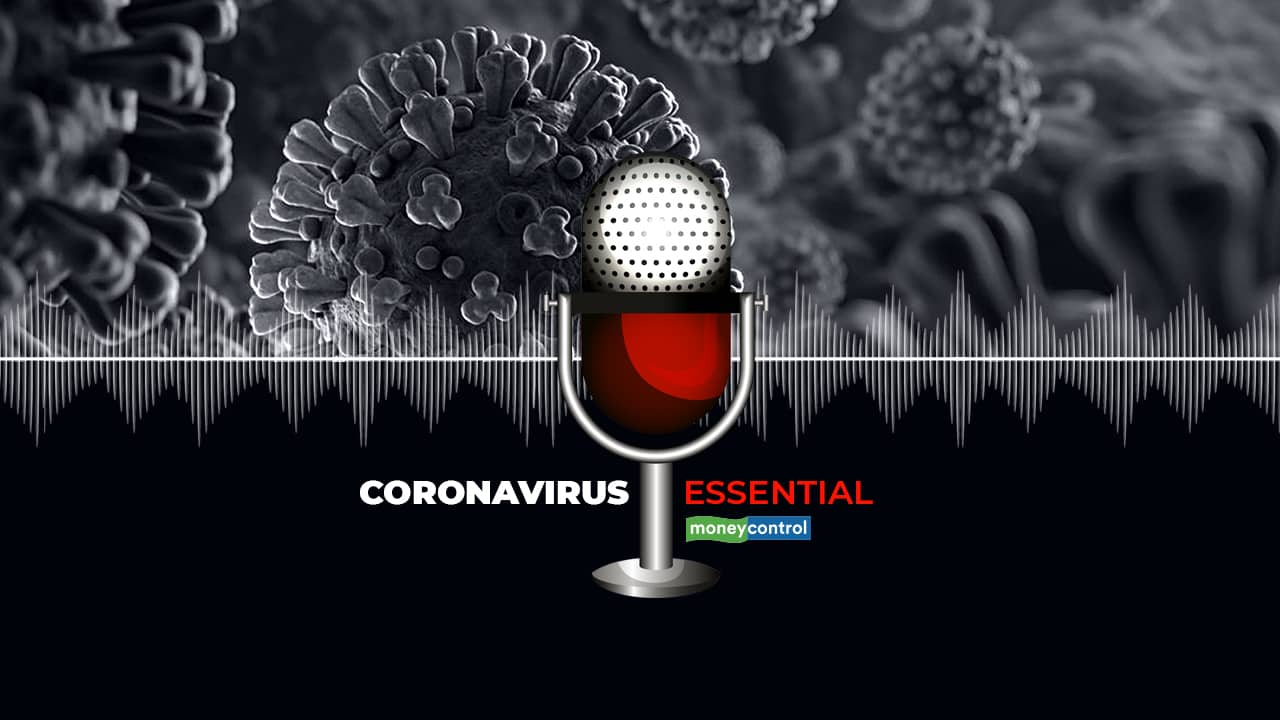On February 19, the health ministry said that India took 34 days to achieve the landmark feat of one crore COVID-19 vaccinations, the second fastest in the world. The US took 31 days, while the UK took 56 days to surpass the one-crore vaccination mark.
Meanwhile, the Brihanmumbai Municipal Corporation has issued fresh guidelines in Mumbai amid a rise in cases and in view of a spurt in coronavirus cases. As per the new rules, citizens found flouting rules of home isolation, weddings and public gatherings will be prosecuted.
Tune in to the Coronavirus Essential podcast with Shraddha Sharma for more.
Discover the latest Business News, Sensex, and Nifty updates. Obtain Personal Finance insights, tax queries, and expert opinions on Moneycontrol or download the Moneycontrol App to stay updated!










